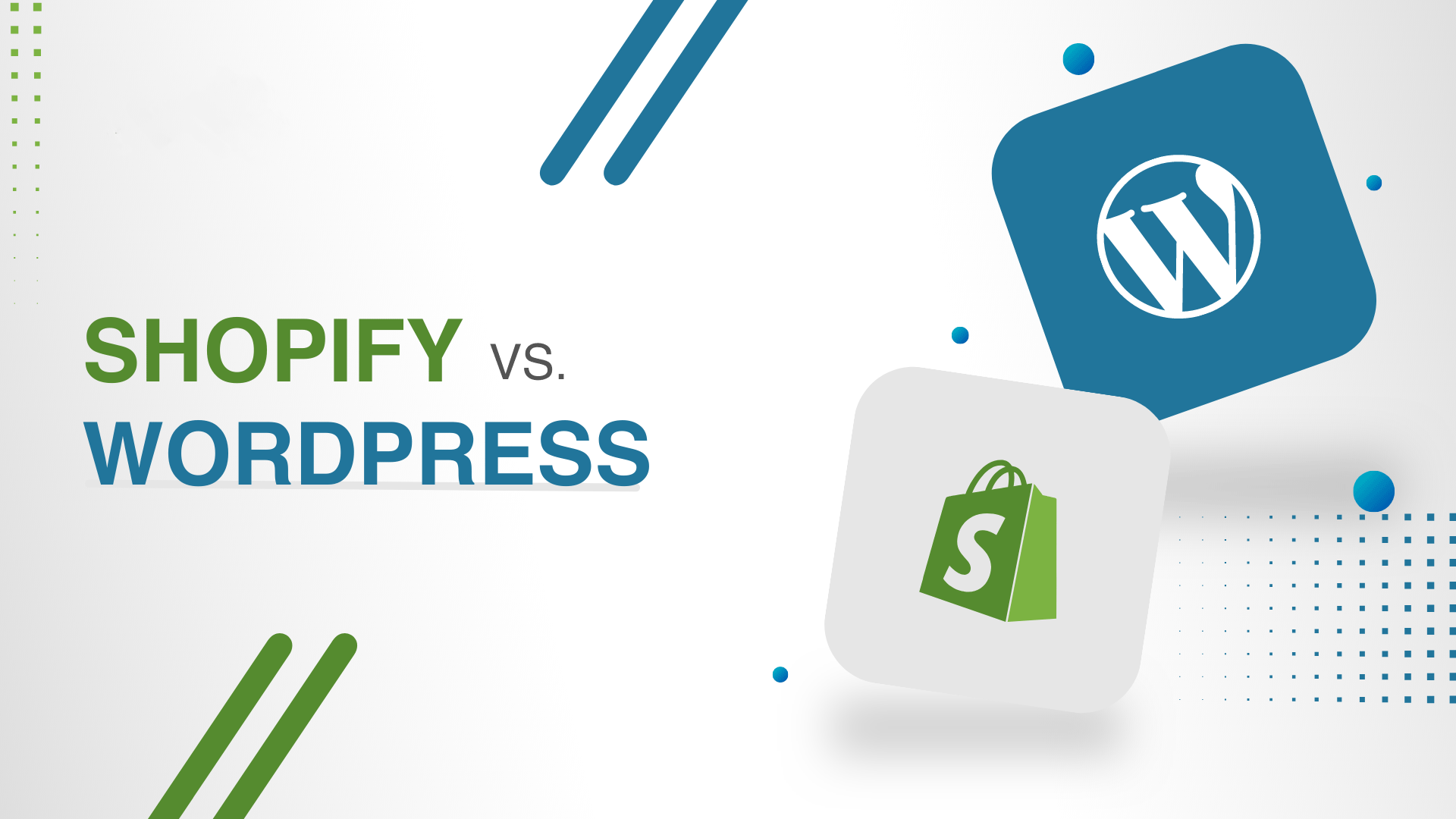Description
In the realm of eCommerce platforms, Shopify and WordPress stand out as two giants, each offering unique strengths and capabilities. Choosing between Shopify vs WordPress can be a pivotal decision for anyone looking to establish or expand their online presence. This comprehensive guide aims to delve deep into the comparison between Shopify and WordPress, helping you make an informed choice tailored to your specific needs.
Understanding Shopify
Shopify has gained immense popularity for its user-friendly interface and comprehensive feature set designed specifically for eCommerce. It offers a hosted solution, which means Shopify takes care of hosting, security updates, and technical aspects, allowing users to focus solely on their business. With Shopify, setting up an online store is remarkably straightforward. It provides a range of customizable templates, known as themes, that cater to various industries and aesthetics. Moreover, Shopify’s App Store offers a plethora of plugins and integrations to extend functionality, from payment gateways to marketing tools, ensuring scalability as your business grows.
Exploring WordPress
WordPress, on the other hand, is renowned for its versatility and flexibility. Originally a blogging platform, WordPress has evolved into a powerful content management system (CMS) that powers over a third of all websites on the internet. One of its key strengths lies in its extensive plugin ecosystem, particularly WooCommerce, which transforms WordPress into a robust eCommerce platform. WooCommerce allows users to build and customize their online stores using WordPress’s intuitive interface and vast library of themes and plugins. WordPress offers complete control over every aspect of your website, making it ideal for businesses looking for highly customized solutions or integrating eCommerce with content marketing strategies.
Key Differences and Considerations
When comparing Shopify vs WordPress, several factors come into play:
Ease of Use
Shopify: Ideal for beginners with its intuitive setup process and managed hosting.
WordPress: Requires more technical proficiency but offers greater control and customization options.
Customization and Flexibility
Shopify: Offers a range of themes and apps for customization but has limitations compared to WordPress.
WordPress: Highly customizable with thousands of themes and plugins, allowing for extensive modifications and integrations.
Scalability
Shopify: Scalable with its cloud-based infrastructure, capable of handling high traffic and sales volumes.
WordPress: Scalable with the right hosting and optimization, suitable for large-scale eCommerce operations.
Cost Considerations
Shopify: Subscription-based pricing with additional costs for apps and transaction fees.
WordPress: Generally more cost-effective, with open-source software, though costs can accrue for premium themes, plugins, and hosting.
SEO and Marketing Tools
Shopify: Built-in SEO features and integrations with marketing tools simplify optimization and promotional efforts.
WordPress: Offers powerful SEO plugins like Yoast SEO and a wide array of marketing plugins, providing extensive control over SEO strategies.
Making the Choice
Ultimately, the decision between Shopify and WordPress hinges on your specific business requirements, technical expertise, and long-term goals. If you prioritize ease of use, quick setup, and robust eCommerce features out-of-the-box, Shopify may be the ideal choice. On the other hand, if you seek complete control over customization, integration with content marketing strategies, and scalability, WordPress with WooCommerce offers unparalleled flexibility.
Conclusion
Choosing between Shopify and WordPress is not just about picking a platform but selecting a foundation for your online business’s future growth and success. Both platforms have proven themselves in the competitive landscape of eCommerce, each offering unique advantages depending on your business model and goals. By understanding their strengths and capabilities, you can confidently make an informed decision that aligns with your vision for your eCommerce venture.

